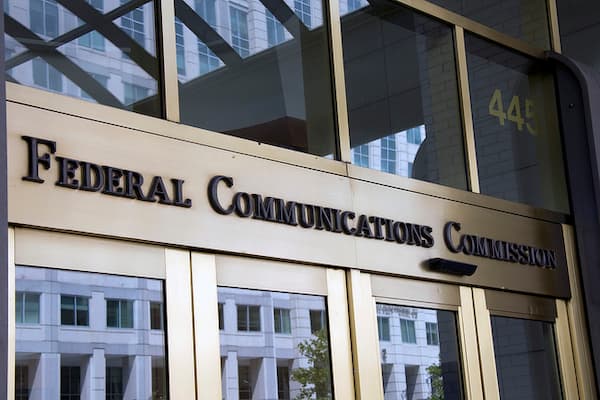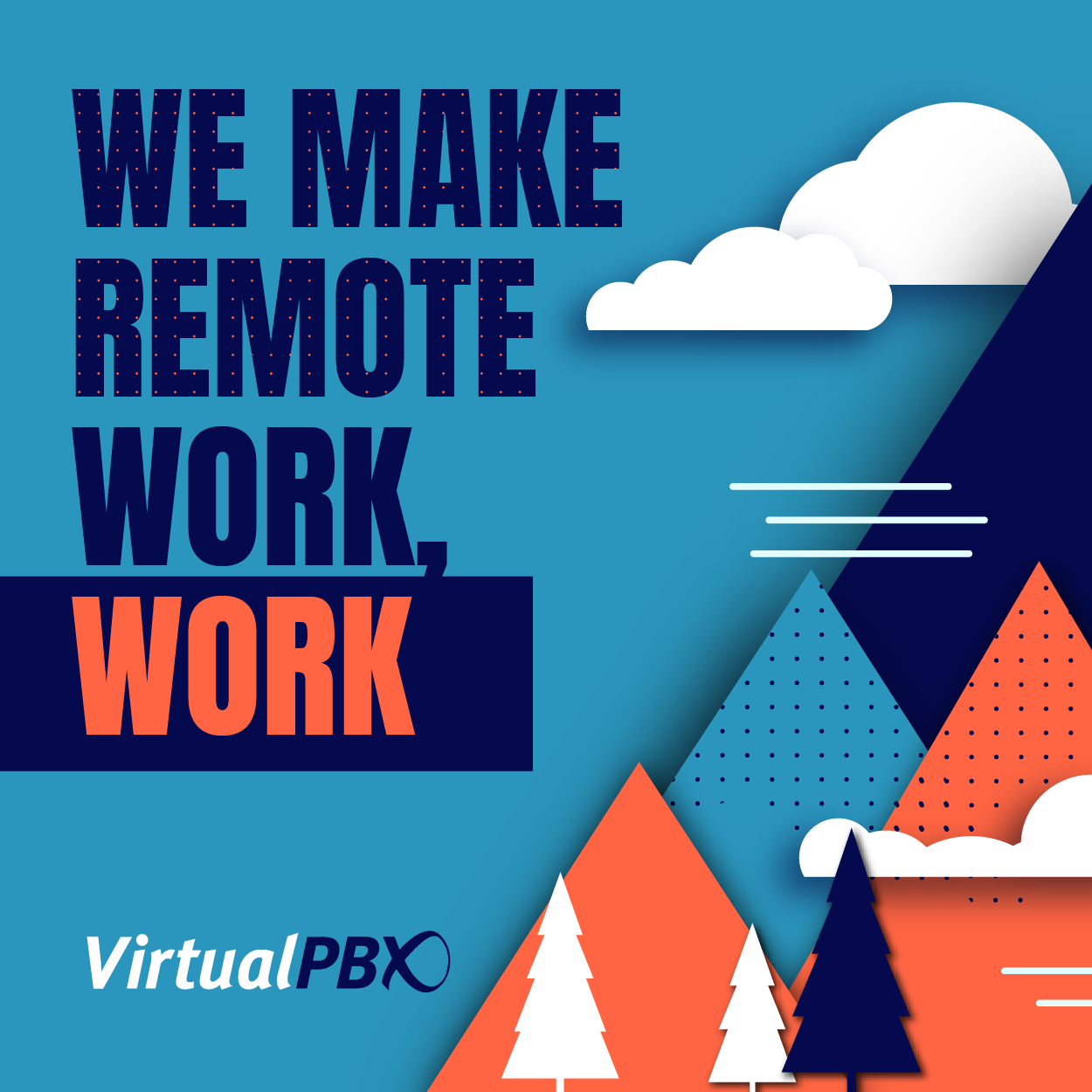In the ever-evolving landscape of telecommunications, businesses must stay vigilant to adapt to regulatory shifts that can impact their operations. One such recent development is the Federal Communications Commission (FCC) sunset on POTS (Plain Old Telephone Service) lines. This significant change has implications for businesses relying on traditional phone lines for their communication needs. The FCC’s decision to relax regulations previously in place to maintain POTS lines signals a new era, akin to the wild west of telecommunications. While POTS lines are still available, the absence of stringent regulations necessitates proactive measures to ensure a smooth transition for businesses. In this blog, we delve into the implications of the FCC POTS line sunset, explore why businesses must act swiftly, and provide actionable insights for a seamless transition.

Understanding the FCC POTS Lines Sunset Decision
The FCC, as the governing body regulating telecommunications in the United States, plays a pivotal role in shaping the industry landscape. Historically, the FCC implemented regulations to ensure the reliability and maintenance of POTS lines, vital for businesses’ communication infrastructure. However, with technological advancements and the proliferation of digital communication channels, the FCC opted to relax these regulations, signaling a departure from the traditional oversight approach.
According to a formal statement issued by the FCC, the decision to sunset regulations governing POTS lines reflects a shift towards fostering innovation and competition in the telecommunications sector. While this move presents opportunities for innovation and cost-efficiency, it also introduces challenges for businesses accustomed to the reliability and stability offered by traditional phone services.
Implications for Businesses
The relaxation of FCC regulations surrounding POTS lines has significant implications for businesses relying on this legacy infrastructure. Without stringent maintenance requirements in place, the onus now falls on businesses to ensure the reliability and continuity of their communication systems. Failure to adapt to these changes in a timely manner can result in various challenges, including:
Increased Costs: Without regulatory oversight, service providers may introduce pricing changes or impose additional fees for maintaining POTS lines. As businesses transition to alternative communication technologies, they must evaluate the long-term cost implications to avoid unnecessary expenses.
Service Disruptions: In the absence of mandated maintenance standards, businesses may experience service disruptions or outages with their POTS lines. These disruptions can disrupt operations, hinder customer communication, and tarnish the organization’s reputation.
Limited Support: With the focus shifting towards newer technologies, service providers may reduce support for POTS lines, making it challenging for businesses to resolve issues or seek assistance when needed.
Why Swift Action is Crucial
Despite the FCC’s decision to sunset regulations on POTS lines, businesses still rely on them for elevator emergency phones, fax machines, building entry systems, and security systems, necessitating a swift transition to alternative communication solutions. Delaying action can expose businesses to various risks and challenges, including:
Cost Escalation: As service providers adjust their pricing models in response to relaxed regulations, delaying the transition can lead to escalating costs for maintaining POTS lines. By acting promptly, businesses can mitigate the risk of unnecessary expenditure and explore cost-effective alternatives.
Availability Concerns: While POTS lines are currently available, there is no guarantee of their long-term availability as service providers shift their focus towards newer technologies. Procrastination in transitioning to alternative solutions may leave businesses scrambling for options in the event of service discontinuation.
Competitive Disadvantage: In today’s fast-paced business environment, maintaining outdated communication infrastructure can put businesses at a competitive disadvantage. Embracing modern communication technologies not only enhances efficiency but also enables businesses to stay ahead of the curve and meet evolving customer expectations.
Actionable Steps for a Seamless Transition
To navigate the FCC POTS line sunset effectively, businesses can take proactive steps to ensure a smooth transition:
Conduct a Needs Assessment: Evaluate your organization’s communication requirements and identify alternative solutions that align with your operational needs and budgetary constraints. Consider factors such as scalability, reliability, and support when exploring alternative technologies, such as VirtualPBX’s AirDial POTS Replacement.
Engage with Service Providers: Initiate discussions with your current service providers to understand their transition plans and explore alternative communication offerings. Seek clarity on pricing, service agreements, and support options to make informed decisions.
Implement Redundancy Measures: As you transition to alternative communication solutions, consider implementing redundancy measures to minimize the risk of service disruptions. Explore options such as redundant internet connections, cloud-based phone systems, or mobile communication platforms to ensure continuity.
Train Staff and Stakeholders: Provide comprehensive training to your staff and stakeholders on the use of new communication technologies. Address any concerns or reservations proactively and emphasize the benefits of the transition in enhancing productivity and efficiency.
Monitor and Evaluate Performance: Continuously monitor the performance of your new communication infrastructure and address any issues or challenges promptly. Solicit feedback from employees and customers to identify areas for improvement and optimize the effectiveness of your communication systems.
FCC POTS Line Sunset Conclusion
The FCC’s decision to sunset regulations governing POTS lines marks a significant shift in the telecommunications landscape, necessitating proactive measures from businesses to ensure a smooth transition. While POTS lines are still available, the absence of stringent regulations underscores the importance of swiftly embracing alternative communication solutions. By taking proactive steps, such as conducting needs assessments, engaging with service providers, and implementing redundancy measures, businesses can navigate the transition effectively and safeguard their communication infrastructure for the future. Yes, this transition is indeed happening, and it’s crucial to act before potential costs escalate or POTS lines become unavailable. Embracing innovation and modernization in communication technology will not only ensure continuity but also position businesses for success in an increasingly digital world.
Disclaimer: This blog is intended for informational purposes only and should not be construed as legal or professional advice. Businesses are encouraged to consult with telecommunications experts and legal advisors to understand the specific implications of the FCC POTS line sunset on their operations.







